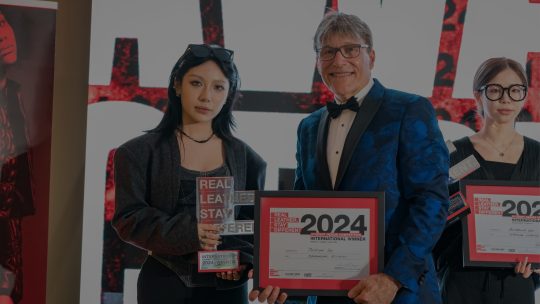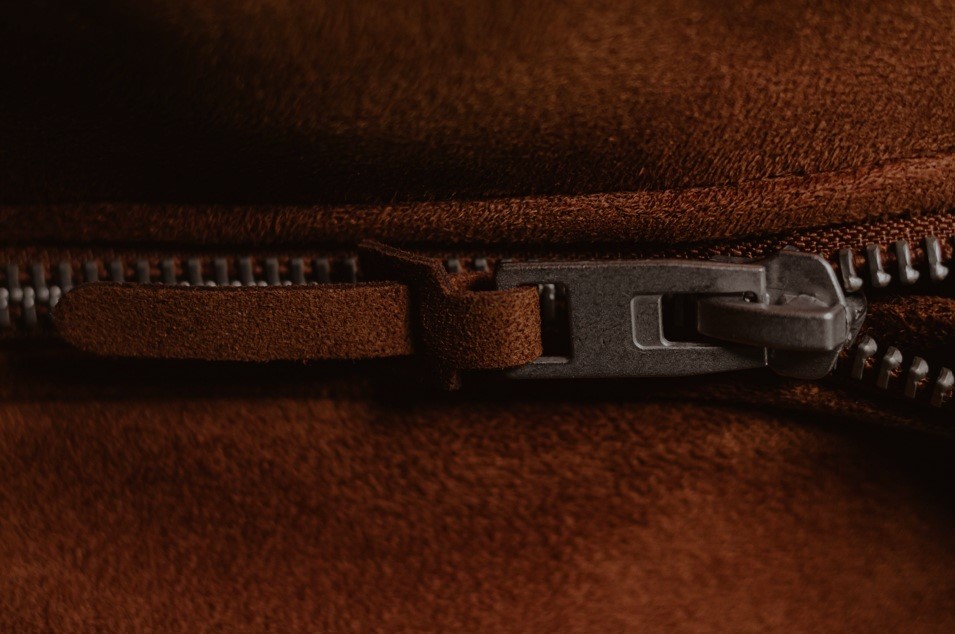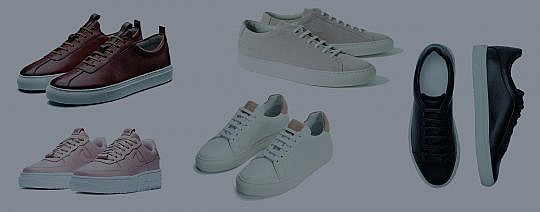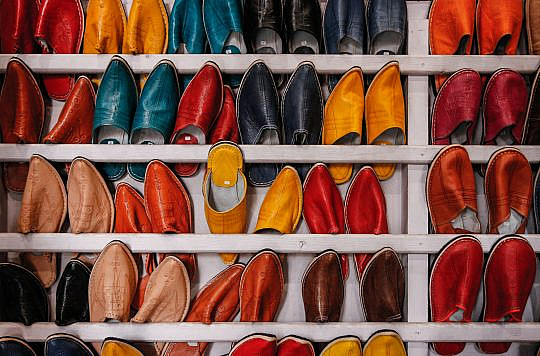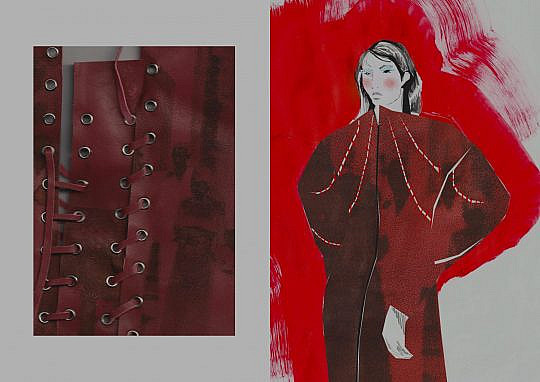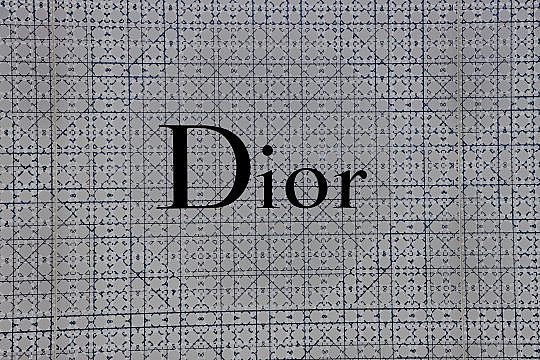Amid all the confusion about how to calculate the sustainability of different materials, we need to put the record straight: Leather is more sustainable than manmade alternatives.
As keen RLSD readers will be aware, leather is made from cowhides which are a by-product of the cattle industry. If we stopped producing it now, no fewer cows would be raised, but 300million hides worldwide would be sent to landfill or incinerated, causing 6.6million tonnes of extra greenhouse gas (GHGs) emissions. So, by using leather we are making use of a valuable resource and avoiding GHG emissions caused by disposal.
Alternatives to leather, such as polyurethane and polyvinyl chloride (PVC) are made from oil. Greenhouse gases are released when the oil is extracted and when the materials are produced.
We are not claiming there are no GHGs produced when leather is made, but there is a huge trade off. Firstly, with the emissions that would be created if the hides were abandoned, and secondly with the emissions that would be created making the alternatives that would be needed if the leather were not produced. The use of leather stops the creation of these emissions.
We also need to examine what happens at ‘end of life’. Not only do leather goods last longer, get more use and are more easily repaired than alternatives, when they are finally abandoned, they biodegrade in around 50 years. Synthetics take up to 500 years.
Recently, the Higg Index was suspended and its creators, the Sustainable Apparel Coalition are working to improve the system. The index was created to rate the sustainability of various materials used to make clothes, shoes and accessories which was then labelled on the end product. It was suspended because of Norwegian Consumer Authority found the claims violated the green labelling requirements of Norway’s Marketing Control Act. Recent media reporting reveals that the Higg Index is based on “scientifically outdated” information, not intended for comparisons between products and not “a basis for the environmental claims”, concerns the leather and natural fibre industries have voiced for years.
The method used calculated the environmental impact of products from cradle-to-gate, meaning from creation of the material used to make them until they were ready for sale. Among the discrepancies, the same cradle-to-gate approach used for natural products was not applied to synthetics. In addition, the whole approach ignores how many uses each thing had and what happened to it after disposal. Obviously, these things have a huge impact on sustainability. Other criticisms concerned the lack of transparency of the methods used for calculations, and that calculations for some products seemed to be based on the best possible production and others used inefficient or retired practices not used commercially. Production practices can vary hugely across the world and the Higg Index ranked manmade products consistently above natural ones including leather, wool and cotton.
Before its suspension, the Higg Index was used as the basis for sustainability legislation pending in the US and the European Union, so it is vital the new version, or whatever method used to calculate sustainability in the future does the job correctly.
In the meantime, if you want to choose the most sustainable material, choose a by-product. Choose something durable and easily repaired. And choose something that will biodegrade when you have finally finished using it. In short, choose leather!
